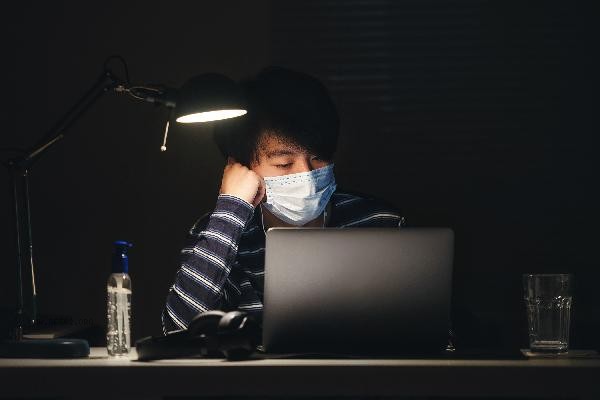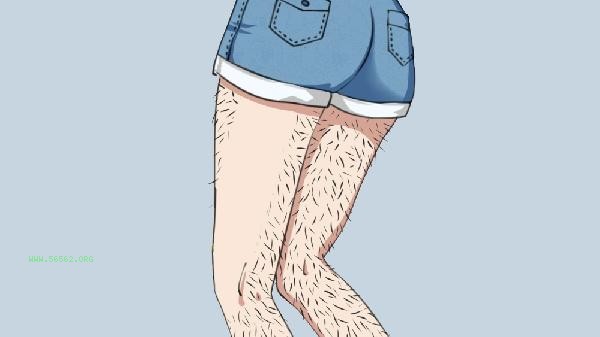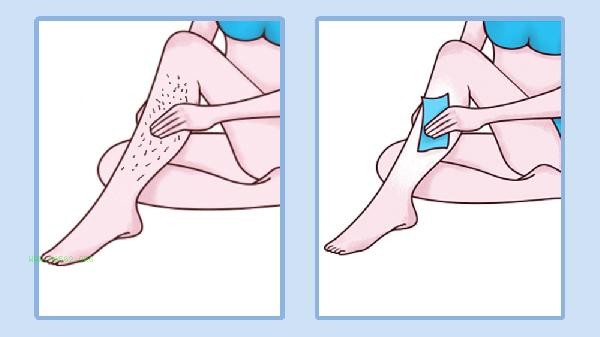Staying up late may lead to hair loss, but it can be improved by adjusting daily routines and supplementing nutrition. Hair loss may be related to factors such as insufficient nutrition of hair follicles, hormonal imbalances, and poor scalp blood circulation. It can be alleviated through regular sleep, balanced diet, scalp massage, and other methods.

1. Insufficient nutrition of hair follicles
Long term staying up late can affect the body's absorption of nutrients such as protein and vitamin B, leading to hair follicles being unable to obtain sufficient nutrients. It is recommended to increase the intake of high-quality protein such as eggs, lean meat, and deep-sea fish, while supplementing with foods rich in unsaturated fatty acids such as walnuts and black sesame. Eating animal liver or green leafy vegetables in moderation can help supplement iron.
2. Hormonal level disorder
Nighttime is the peak period of melatonin secretion in the human body. Staying up late can disrupt the endocrine rhythm, leading to abnormal elevation of testosterone levels. This hormonal change may stimulate hair follicle atrophy, manifested as receding hairline or thinning of the scalp. Staying asleep before 22:00 can help restore normal hormone rhythms, and if necessary, seek medical attention to test hormone levels.
3. Scalp blood supply disorders
When sleep is insufficient, blood vessels continue to contract and the blood flow of scalp capillaries decreases, causing hair follicles to be in a state of hypoxia. Massage gently with finger pulp from forehead to pillow for 5 minutes every day, together with hair care products containing ginger essence, can promote local blood circulation. Avoid wearing tight headbands or hats for extended periods of time.

4. accumulation of metabolic waste
When staying up late, the detoxification function of the liver decreases, and the accumulation of free radicals and metabolic waste in the body may lead to hair follicle inflammation. Drink plenty of warm water to help detoxify, and supplement fruits with high levels of vitamin C and vitamin E appropriately. When washing hair, the water temperature should not exceed 40 degrees Celsius to avoid excessive cleaning and damaging the scalp barrier.
5. Increased mental stress
Sleep deprivation can amplify anxiety, and sustained tension may trigger alopecia areata. Stay away from electronic devices one hour before bedtime and try meditation or deep breathing exercises. Lavender essential oil aromatherapy can help relax the nerves, and those with severe hair loss can consult a psychologist for professional guidance. Improving hair loss caused by staying up late requires multidimensional conditioning. In addition to ensuring sleep before 23:00, it is recommended to engage in aerobic exercise three times a week to accelerate metabolism, and choose a silicone free formula to reduce hair follicle burden during care. Dark colored foods such as black beans and mulberries contain natural antioxidants and can be consumed 2-3 times a week. If hair loss persists for more than 3 months, potential causes such as thyroid dysfunction or autoimmune diseases should be investigated to avoid self medication.










Comments (0)
Leave a Comment
No comments yet
Be the first to share your thoughts!